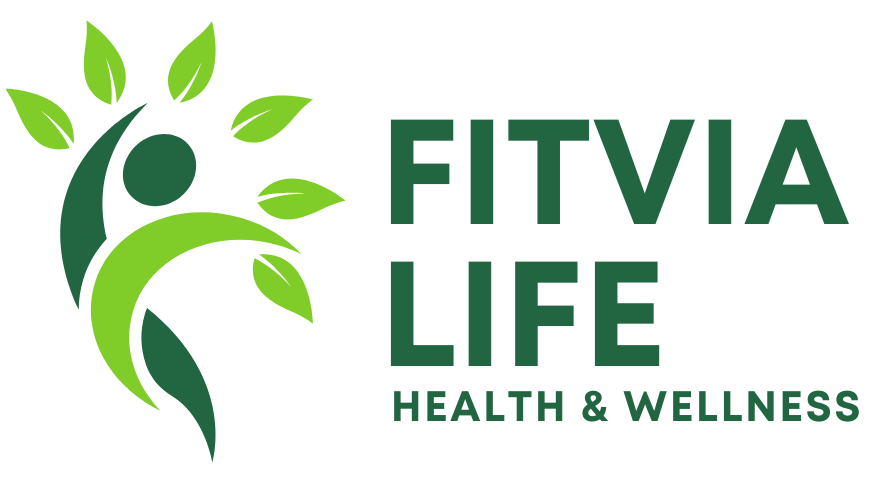How Family Shapes Who We Are and Why It Matters More Than Ever
Family is not just defined by blood—it is defined by love, connection, and shared experiences. Whether it’s a traditional household, a single-parent family, or a blended family, what truly matters is the emotional bond and the support system that families create. The importance of family lies in its ability to provide emotional safety, build lifelong values, and shape our mental and emotional health from early childhood into adulthood.
Family as the First School of Life
From the moment we are born, our family becomes our first teacher. We learn basic social skills, language, and emotional responses through our family interactions. Family values such as respect, honesty, compassion, and teamwork help children develop a strong moral compass. These values act as guiding principles throughout life, affecting how we treat others and how we view the world.
Emotional and Mental Health Benefits
Studies have consistently shown that individuals who grow up in loving and supportive family environments are more emotionally stable and resilient. Having someone to talk to, someone who listens without judgment, and someone who believes in you during difficult times can make a significant difference in your emotional health. Families provide comfort during life’s challenges, whether it’s a career setback, loss, or health issue. This emotional support builds mental strength and confidence.
Family Traditions and Strong Relationships
Traditions—whether it’s weekly dinners, holiday gatherings, or bedtime stories—create a sense of identity and belonging. These small, repeated rituals become lasting memories that connect generations and build strong relationships within the family. In modern life, where everyone is often busy with work and digital distractions, preserving these traditions helps maintain unity and closeness.
The Role of Family in Society
Families are the foundation of every healthy society. They raise the next generation, instill values, and build communities. When families are strong, societies are strong. Supporting families through education, healthcare, and social services leads to a more productive and compassionate world.
Building a Healthy Family Environment
A healthy family doesn’t mean perfection. It means open communication, mutual respect, and shared responsibilities. Healthy families support each member’s dreams while also holding each other accountable. Spending quality time together, listening actively, and practicing forgiveness are all essential elements of a thriving home environment.
Conclusion: Why Family Will Always Matter
In a constantly changing world, the family bond remains a source of strength and security. The importance of family is reflected in every part of our lives—from our emotional well-being to our personal development and social behavior. By prioritizing family values, nurturing healthy relationships, and creating a loving environment, we contribute not only to our own happiness but also to a better society.
Let us cherish and invest in our families, because a strong family builds a strong future.

